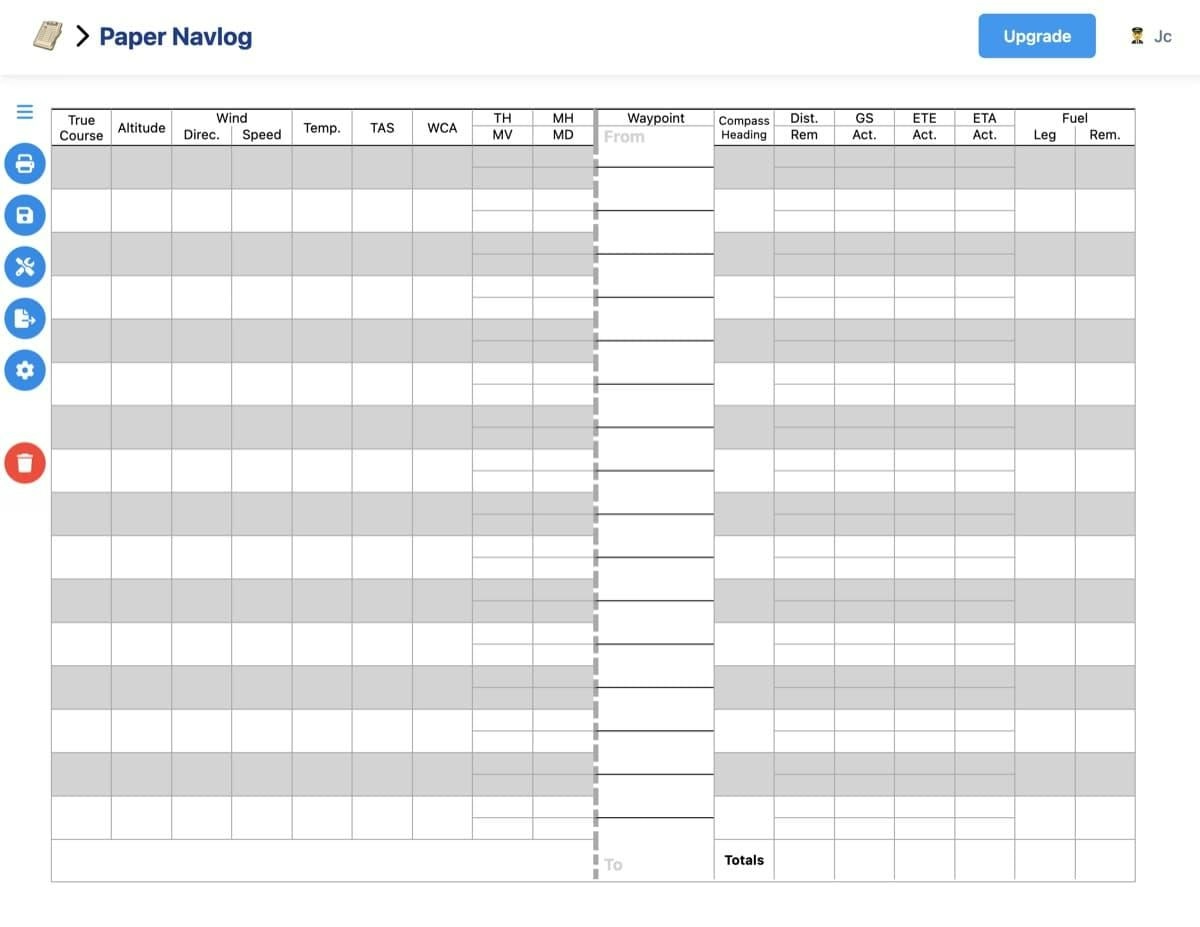
AeroGenie — Uw intelligente copiloot.
Trending
Categories
IAG Orders 71 Long-Haul Aircraft from Airbus and Boeing
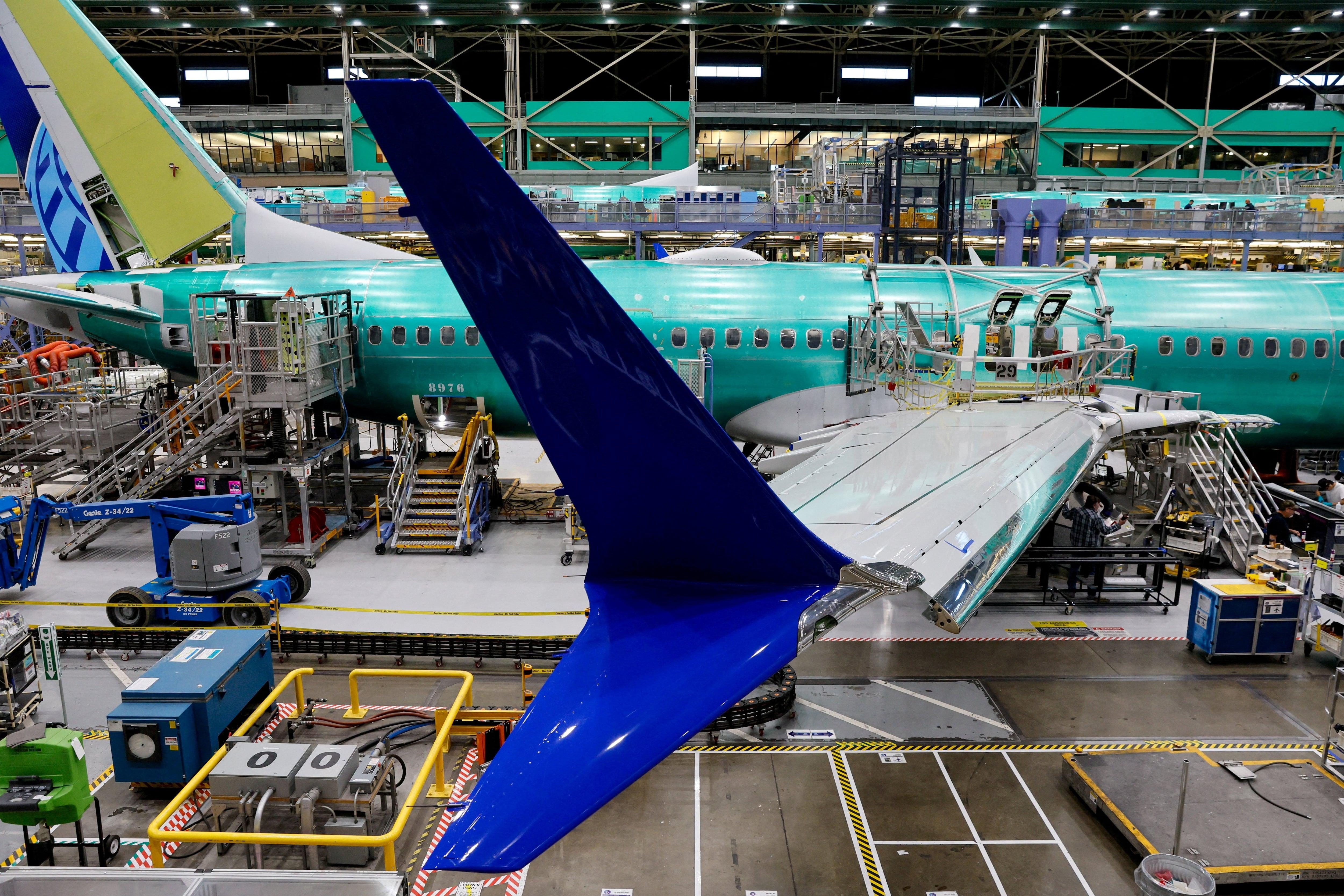
IAG Commits to 71 Long-Haul Aircraft from Airbus and Boeing
International Airlines Group (IAG), the parent company of British Airways and Iberia, has announced a substantial order for 71 long-haul aircraft, divided between Airbus and Boeing. This strategic acquisition highlights the airline group's intent to modernize its fleet and capitalize on the anticipated resurgence in global air travel following the pandemic. The decision comes amid ongoing supply chain challenges that continue to affect aircraft manufacturers worldwide, as well as evolving competitive dynamics within the aviation sector.
Strategic Fleet Expansion in a Recovering Market
IAG’s significant aircraft order arrives at a critical juncture for the airline industry, which is experiencing a gradual recovery in passenger demand after the severe downturn caused by COVID-19. By investing in a mix of next-generation, fuel-efficient jets from both Airbus and Boeing, IAG is signaling its confidence in sustained long-term growth and its commitment to enhancing operational efficiency. The dual-supplier approach also reflects a strategic effort to balance risk and maintain flexibility in fleet composition.
Despite the optimism surrounding the order, the airline faces potential obstacles related to persistent supply chain disruptions. Both Airbus and Boeing have encountered production delays due to parts shortages and logistical bottlenecks, which could impact the delivery schedule and complicate IAG’s fleet renewal timeline. These challenges underscore the broader uncertainties confronting the aviation industry as it seeks to rebuild capacity.
Industry and Market Implications
The announcement has elicited notable responses across the aviation and financial markets. Shares of Airbus and Boeing experienced volatility as investors assessed the implications of the large order against the backdrop of ongoing manufacturing constraints. Industry analysts suggest that IAG’s move may prompt other major carriers to accelerate their own fleet modernization plans, potentially triggering a wave of new aircraft orders and intensifying competition for the latest models.
Rival airlines may respond by expanding their long-haul capabilities or exploring alternative strategies to meet shifting passenger preferences. This dynamic could lead to increased strategic partnerships and further reshape the competitive landscape of global aviation in the coming years.
Broader Industry Context and Challenges
IAG’s fleet expansion reflects a wider trend among major airlines and corporations leveraging the current market environment to invest in future growth. Similar to other sectors where companies have pursued bold acquisitions and capital raises amid renewed optimism, the aviation industry is positioning itself for recovery through modernization and capacity enhancement.
Nevertheless, the path ahead remains fraught with uncertainty. Supply chain constraints, fluctuating fuel prices, and evolving consumer behavior continue to pose significant challenges. The ultimate success of IAG’s ambitious order—and the broader industry recovery—will depend on the ability of manufacturers to meet delivery commitments and airlines to adapt effectively to a rapidly changing market environment.
Outlook
As IAG moves forward with its fleet renewal strategy, the coming months will be pivotal in determining the impact of this investment. The order not only prepares the group for a post-pandemic resurgence but also sets a competitive benchmark that may influence industry innovation and fleet strategies globally. With market conditions still in flux and supply chain issues unresolved, the aviation sector will closely monitor how Airbus, Boeing, and their airline customers navigate the complexities of the recovery phase.
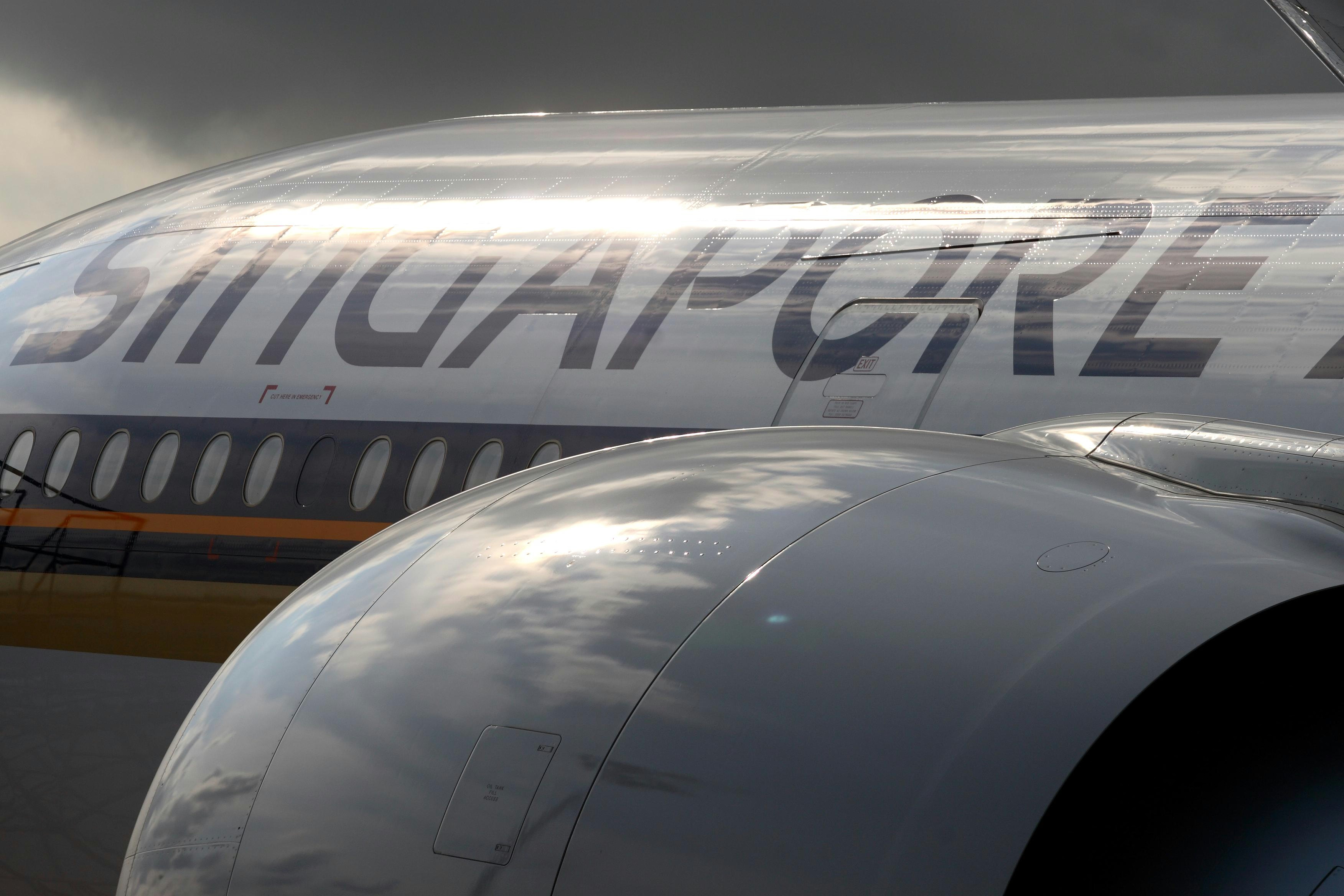
Singapore Airlines Partners with OpenAI to Enhance Customer Experience and Operations

Amadeus Partners with ICAO to Advance Biometrics and Digital Identity in Aviation
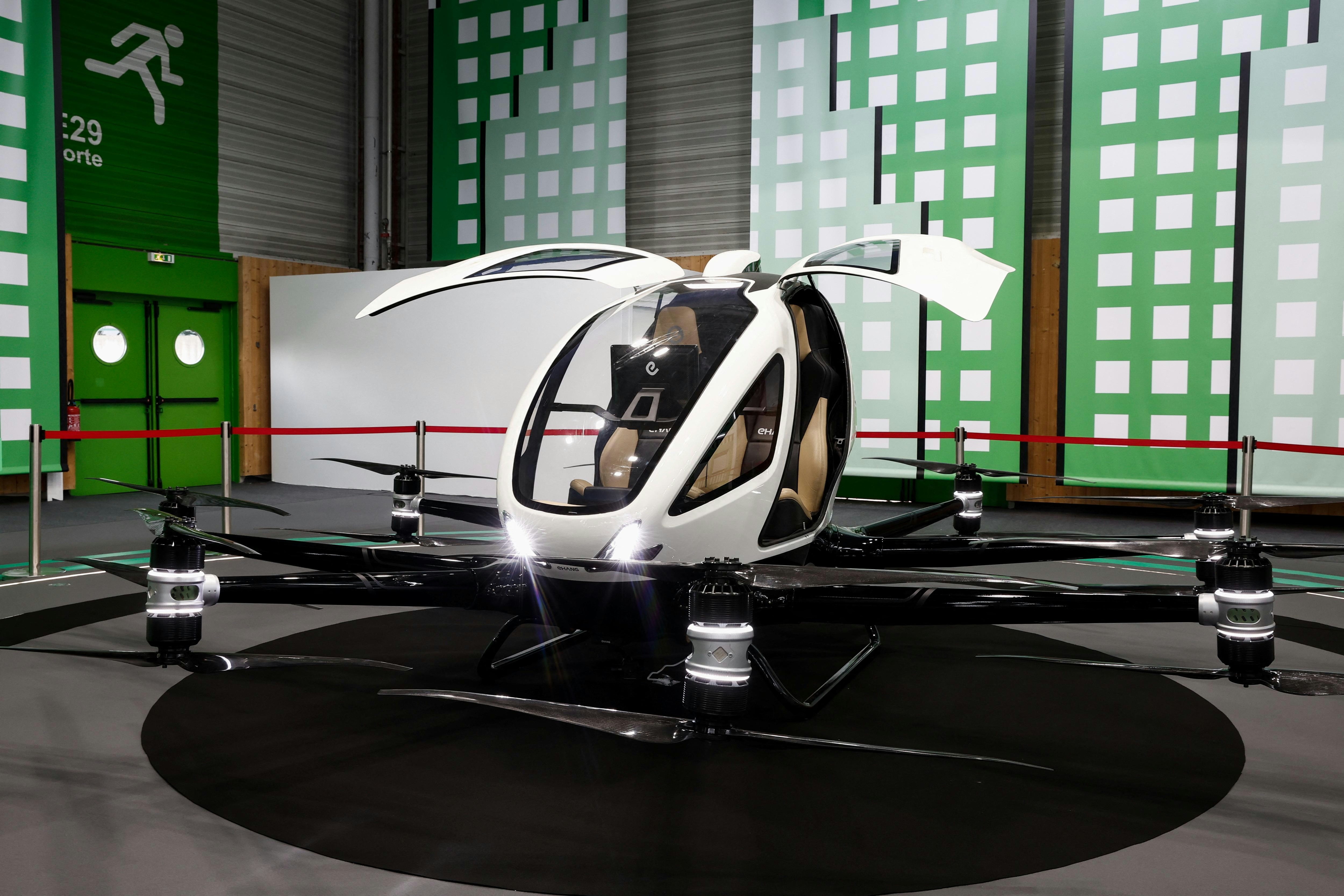
Expert Predicts Thousands of Passenger and Cargo Drones in Hong Kong Skies Within a Decade
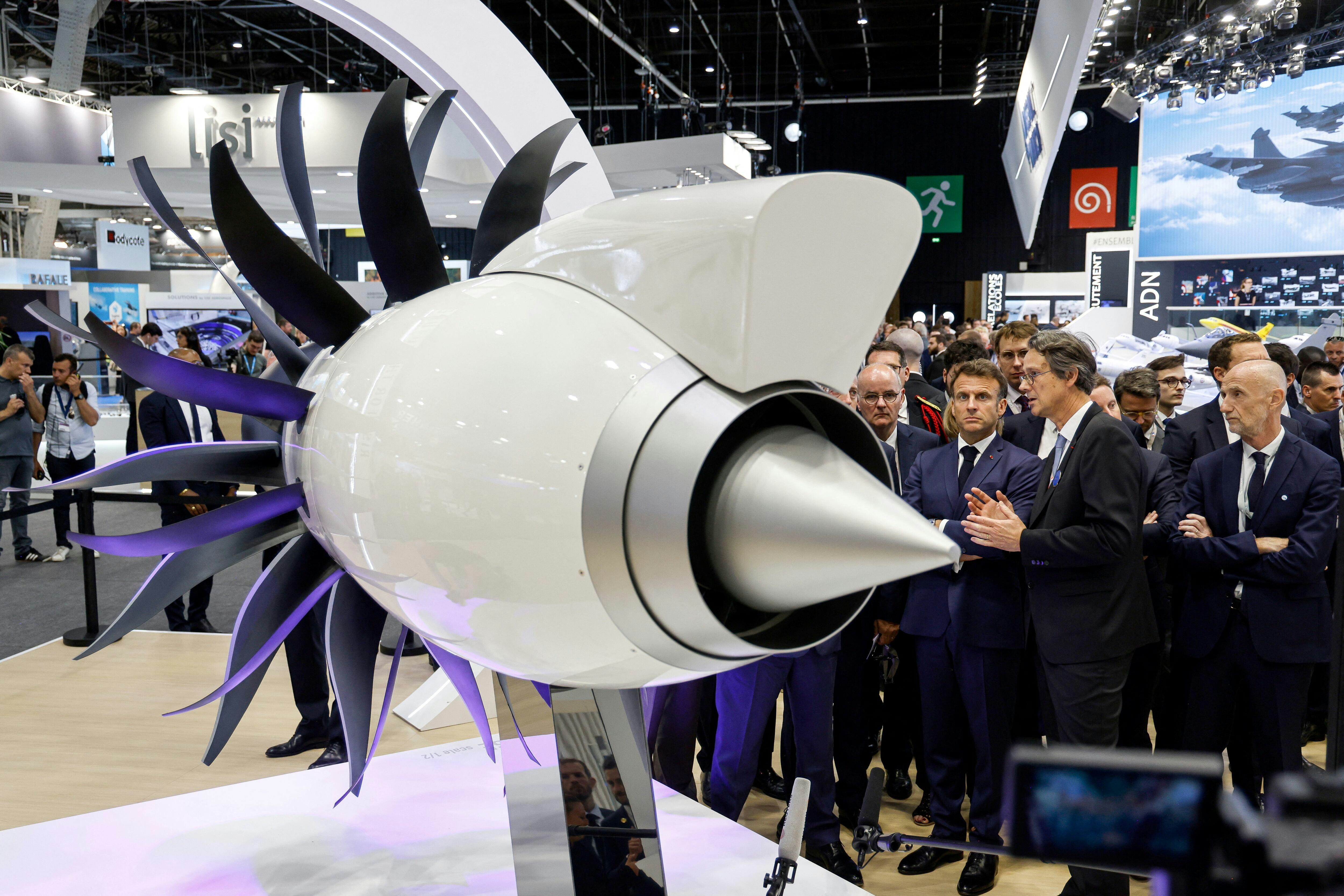
Safran S.A.: Growing Interest from Aviation Experts and Wall Street

Amazon and Boeing Executives Launch Sustainable Aviation Accelerator
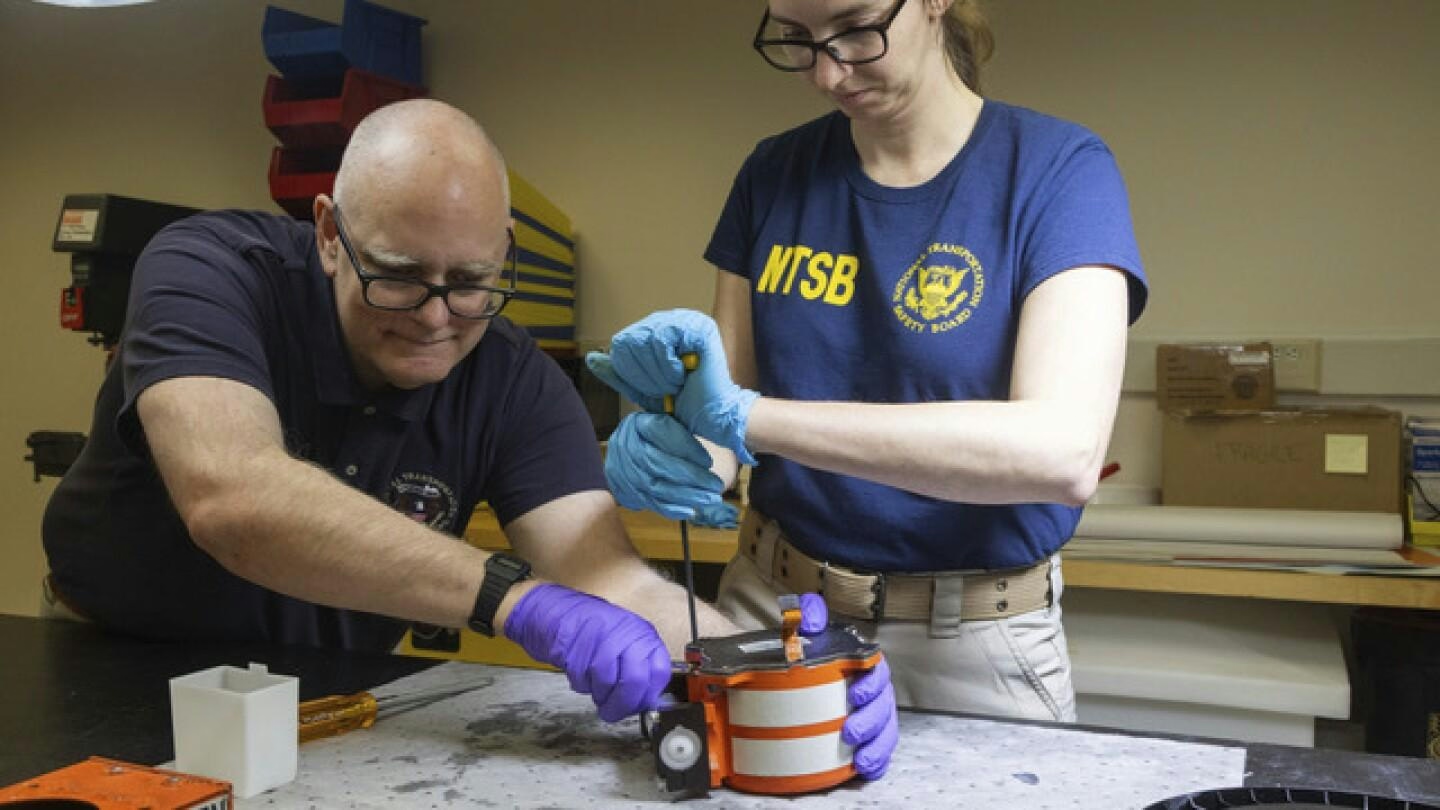
Beyond the Black Box: Why Explainability Is Becoming Aviation’s New Safety Standard
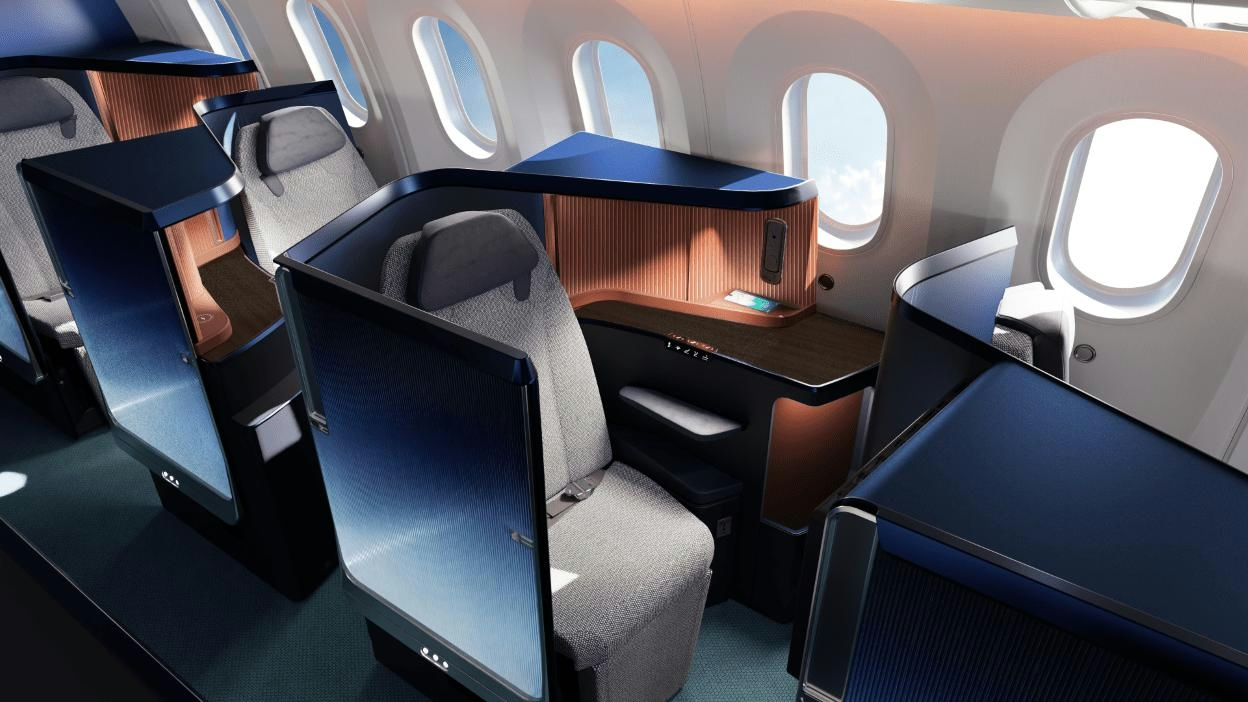
Long-Haul Airlines Transform Business Class on Narrowbody Aircraft
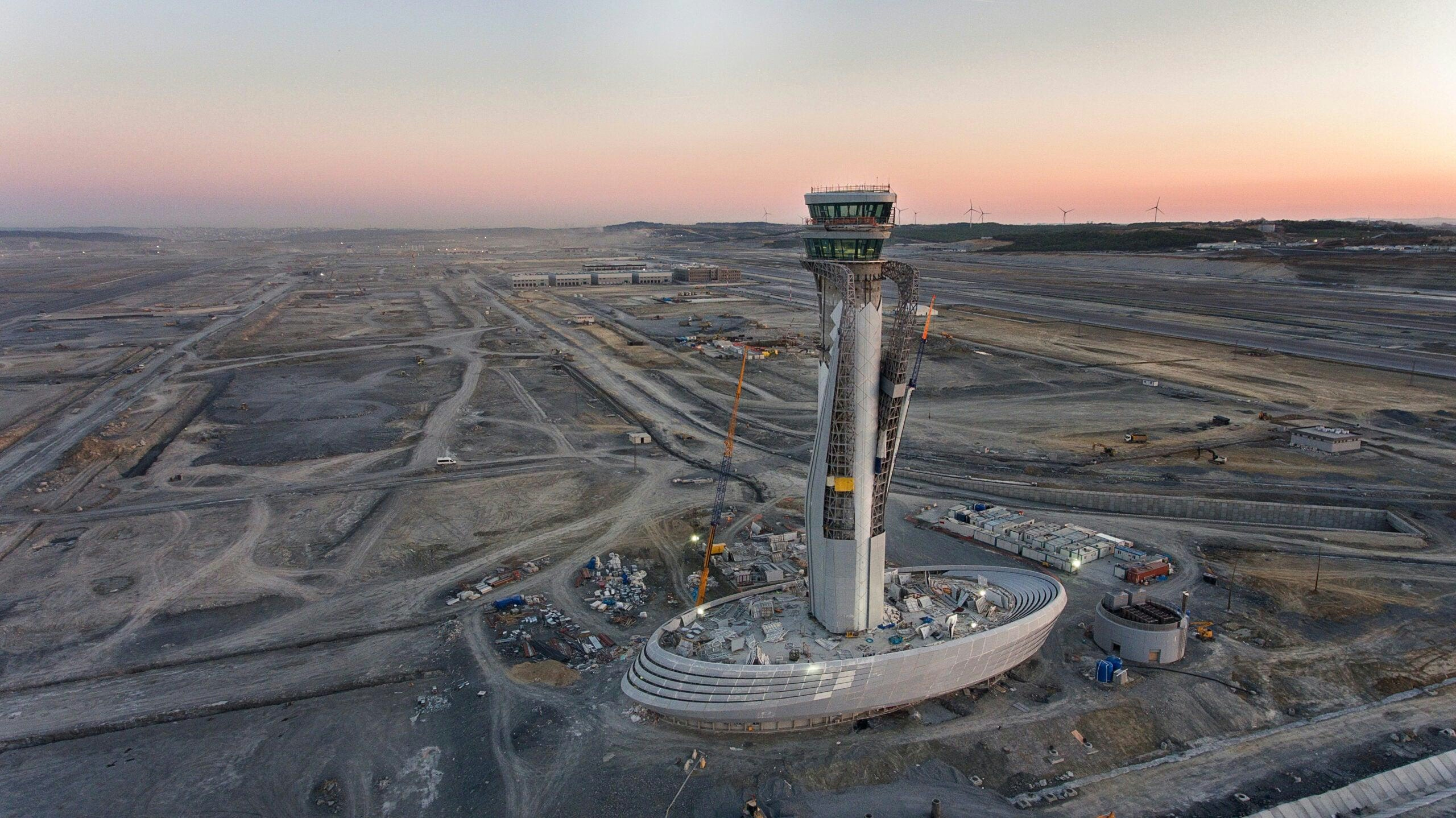
Turkish Airlines invests $2.3bn to expand Istanbul Airport hub
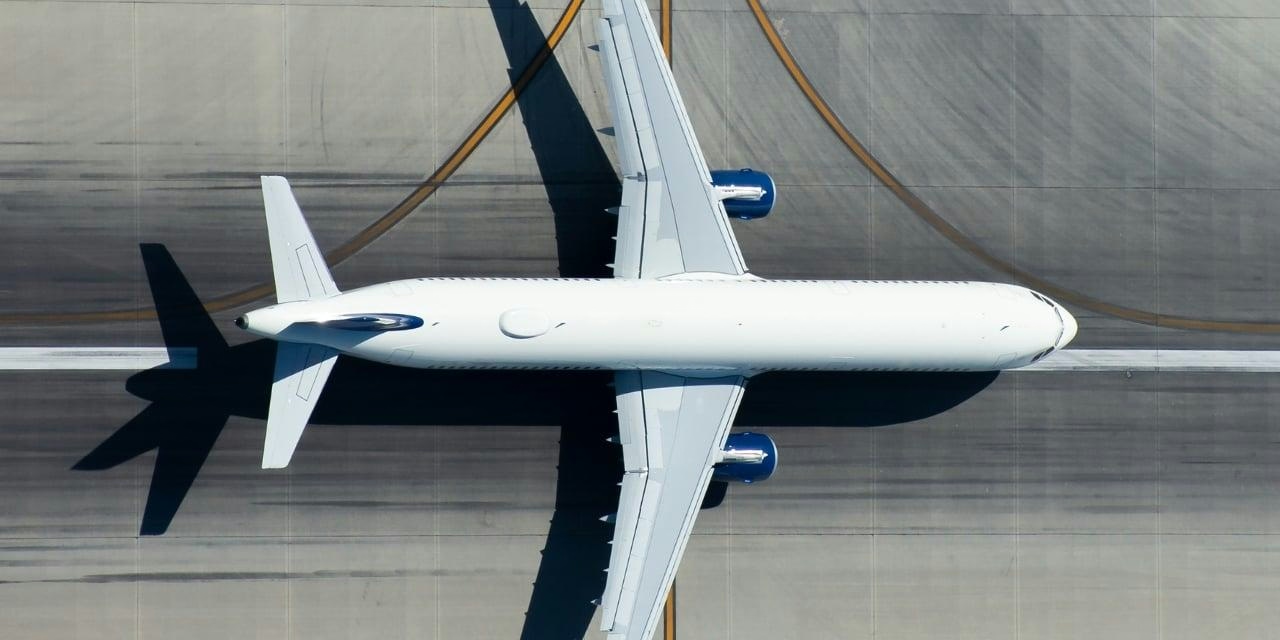
Impact of Current and Future Trade Measures on Aviation and Related Industries
